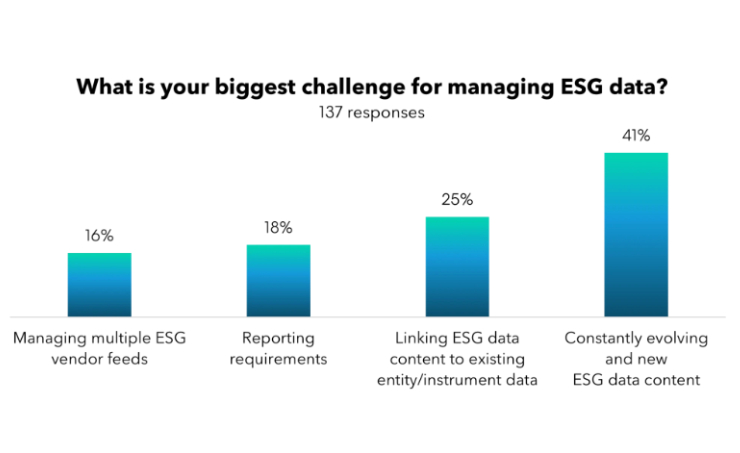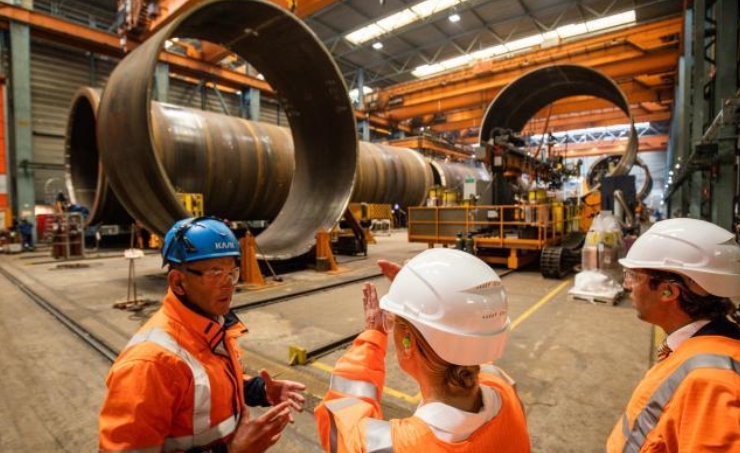With about half of G20 members falling short of achieving their domestic targets set out in the Paris Agreement[1], major energy and resource corporations are under pressure to rapidly alter their carbon emission performance.
Royal Dutch Shell has recently announced plans to become one of the first energy companies linking executive pay with carbon emissions, a move welcomed by investors after continuous pressure from retail and institutional groups for the Anglo-Dutch company to do more in tackling global warming.
In an effort to slash its carbon footprint in half by 2050, one of the largest oil players will set specific Net Carbon Footprint targets for short-term periods (annual three to five-year carbon reduction targets) through several leading and lagging metrics, with each target revalued annually on a rolling basis. The final design of the plan is being discussed with shareholders and will need to be approved by a vote at its general meeting in 2020.
The move comes after Shell was criticised by investors last-year for setting long-term ambitions on cutting emissions without offering binding goals for the reduction to occur.
“We are taking important steps towards turning our Net Carbon Footprint ambition into reality by setting shorter-term targets. This ambition positions the company well for the future and seeks to ensure we thrive as the world works to meet the goals of the Paris Agreement on climate change,” said Shell Chief Executive Officer Ben van Beurden.[2]
The agreement, signed in 2015, is a measure by 184 countries to combat climate change and to accelerate and intensify the actions and investments needed for a sustainable low-carbon future. It is the centrepiece of the two-week international climate change conference COP 24 currently underway.
Shell signed a joint statement under Climate Action 100+, a group of over 320 investors, outlining their carbon targets.
“When it comes to meeting the demands of the Paris Agreement on climate change, we believe it is necessary to strengthen partnerships between investors and their investee companies to accelerate progress towards reaching such an ambitious common goal,” said Peter Ferket, chief investment officer of major Shell investor Robeco, in the joint statement.[2]
Whilst not entirely unprecedented – Statoil’s head of Norwegian production and development receives more money when absolute carbon emissions fall – the move certainly provides the industry with a benchmark and up to 1,200 Shell executives with linking a greener company to higher payouts. The company will also seek third-party assurance that it was meeting its targets and would publicize its assurance statements.[3]
Major Oil & Gas operators across the world have been trying to re-brand themselves as ‘Energy Providers’, supporting both conventional and renewable energy sources under the one banner. This movement (although strategic for their public appearance and carbon offset strategy(s)) does provide a positive result towards the global value of renewable vs conventional energy being supplied in the world today. The question is when will the world turn the tap off to Oil & Gas supply and will it be a government or industry hand on the valve.
Written by ESG Responsible Investments (www.esgri.com) and noted sources.
[1] https://www.unenvironment.org/resources/emissions-gap-report-2018
[2] https://www.shell.com/media/news-and-media-releases/2018/leading-investors-back-shells-climate-targets.html
[3] https://www.newsweek.com/corporations-are-going-green-linking-executive-pay-energy-and-emissions-338708
Contact us to discuss how your organisation can reduce ESG risks, create an effective ESG strategy, reduce their carbon footprint and better manage ESG risk in your supply chain.









